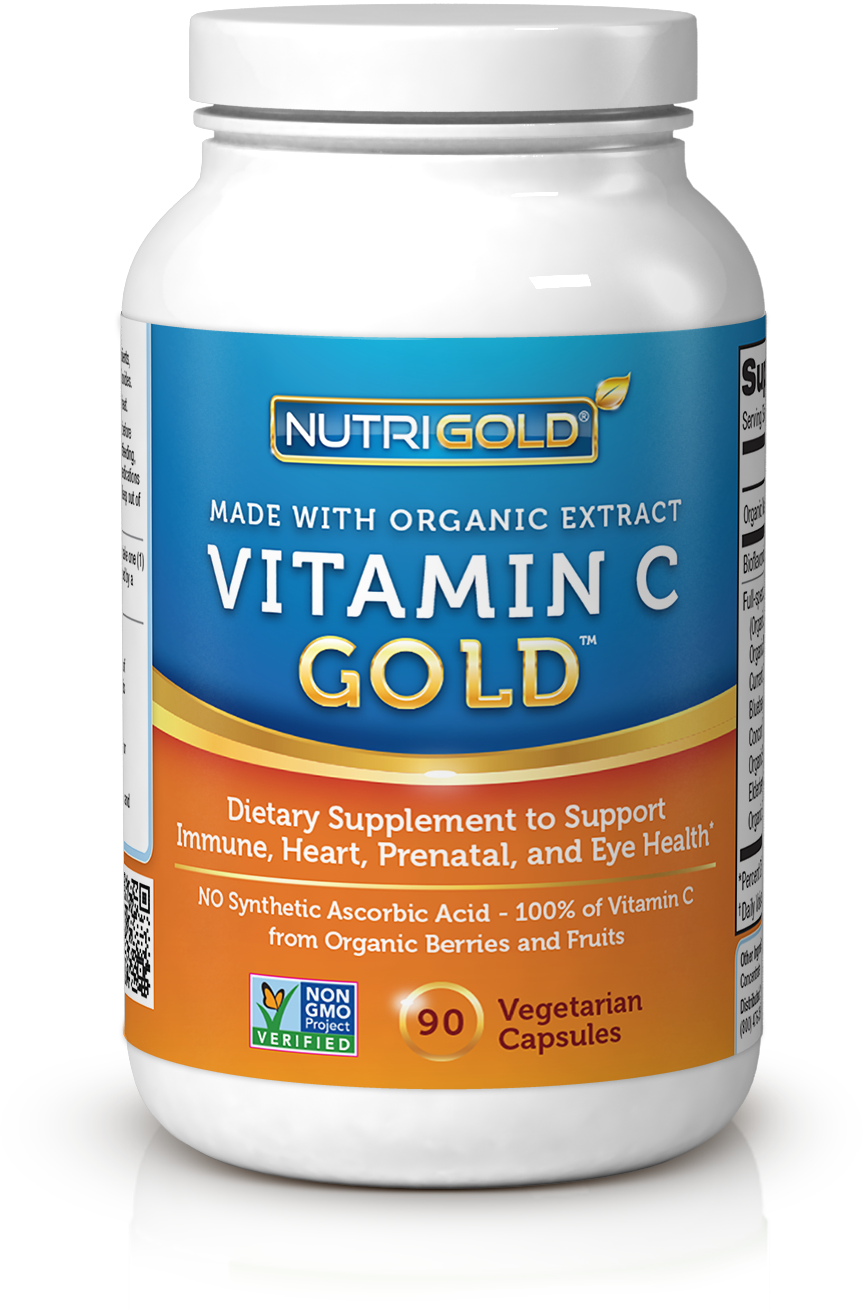NutriGold Vitamin C {review}
To order NutriGold Vitamin C and learn more about the product, click here.
Vitamin C Forms - Ester-C®, Buffered, Ascorbyl Palmitate, and Bioflavanoids:
*Ester-C® is the brand name for Vitamin C in Calcium Ascorbate form along with small amounts of the vitamin C metabolites dehydroascorbic acid (oxidized ascorbic acid), calcium threonate, and trace levels of xylonate and lyxonate. Although the company that makes Ester-C® claims its Vitamin C is more biovailable than other commercially available Vitamin C supplements, a claim based on an unpublished study, a small, published study found no differences between Ester-C® and commerically available ascorbic acid supplements with regard to absorption. However, the fact still remains that the source of Vitamin C in Ester-C® is synthetic and likely made using genetically modified organisms.*Buffered Vitamin C is a form of Vitamin C that is combined with minerals like calcium, magneisum, and some form of potassium and is best suited for individuals who have sensitive stomachs that cannot tolerate un-buffered Vitamin C. Although buffered forms of Vitamin C may be "better" than un-buffered forms, there is no doubt that natural, food-based Vitamin C that is free of GMOs is still better than buffered Vitamin C made from genetically modified corn glucose.
*Ascorbyl Palmitate is a fat-solube form of Vitamin C that can penetrate cell membranes and offer protection from oxidative damage. However, taking Ascorbyl Palmitate form of Vitamin C orally does not result in any significant absorption into cell membranes than standard Ascorbic Acid preparations. As with all other forms of Ascorbic Acid that are NOT food-based, Ascorbyl Palmitate too is synthesized in a lab using genetically modified corn glucose as the starting material and, consequently, carries the same risks as any other synthetic form of Vitamin C.
*Vitamin C with Bioflavanoids is Vitamin C fortified with bioflavanoids, which are antioxidant molecules that offer protection from oxidative and free radical cell damage; these molecules also enhance the absorption of Vitamin C. While synthetic Vitamin C supplements have "added" bioflavanoids, food sources are naturally rich in both Vitamin C and bioflavanoids and likely offer synergistic benefits more powerful than synthetic Vitamin C with added bioflavanoids.



Comments
Post a Comment